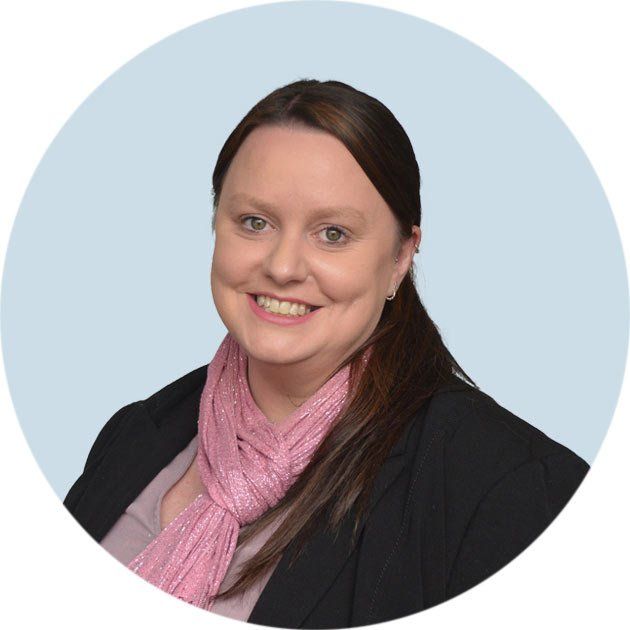Building a healthy relationship with money from a young age
While it can be daunting to know what to teach your children, by educating your children to have a healthy relationship with money can help construct a lifetime of good financial decisions.
There are many ways to help grow this relationship such as:
- Talk to them openly about money
- Allow them to make their own decisions about their own money, don’t make them feel guilty about buying something
- Allow them to work to earn money for example chores around the home
- Teach the value of setting themselves a goal, whether it be as simple as saving their money for a new toy they want
- If you are investing money for their future, let them be involved
A common conversation I have with clients is about concern on how their children are going to be able to purchase a house for themselves when they older knowing how expensive property is and how difficult it can be to save up a deposit.
Many parents want to help their children and that’s where I can come in to assist. It’s never too early to start savings for your child’s future and honestly the earlier you start the more you will have to gift them when the time is right.
Take the scenario if you were to start investing $100 a month and receiving 5% return together with compounding interest, at the end of 20 years you would have $41,103 to gift your child.
There are certain things that need to be considered when starting to invest for your kids (or even for yourself), some being whose name should the investment be in, what are the tax implications, how long is the investment for and probably the most important question what should you invest in.
Our team would love to get you started on your investment journey so please reach out to our office and book an appointment with one of our Financial Planners.

Latest News







